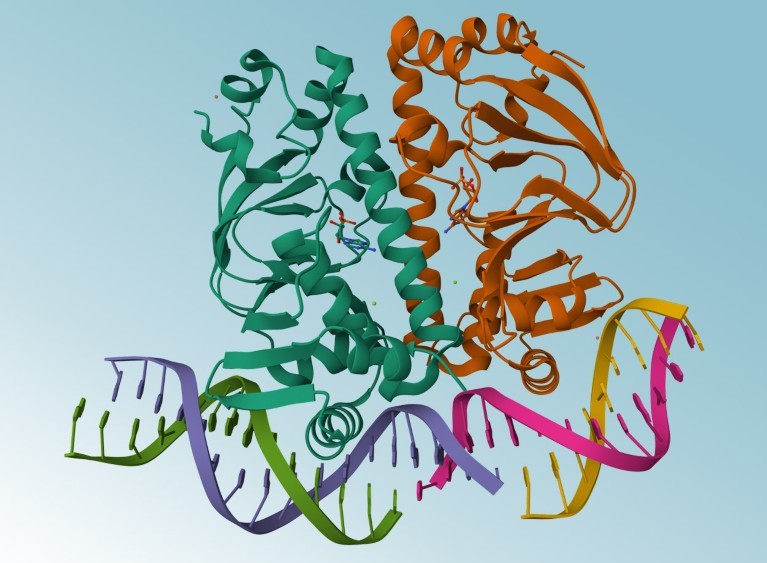
In a move that has excited the scientific community, Google DeepMind has announced the open-sourcing of AlphaFold3, their cutting-edge artificial intelligence tool for protein structure prediction. This development, announced on November 11, comes six months after the initial release of the tool, which was initially available only through a restricted web server.
AlphaFold3 represents a significant leap forward in protein structure prediction technology. Unlike its predecessors, it can model proteins in conjunction with other molecules, including potential drug candidates. This capability makes it an invaluable asset for researchers in fields ranging from basic biology to drug discovery.
The decision to open-source AlphaFold3 marks a reversal of DeepMind's initial stance. When first released, the company provided access only via a web server, citing a need to balance research access with commercial interests. This approach drew criticism from the scientific community, who argued it hampered reproducibility - a cornerstone of scientific research.
John Jumper, lead of the AlphaFold team at DeepMind and recent Nobel Prize winner in Chemistry, expressed enthusiasm about the open-sourcing: "We're very excited to see what people do with this." This sentiment reflects the potential for innovation and discovery that open access to such powerful tools can bring.
The open-source release allows academic scientists to run the model themselves, enabling predictions of protein interactions with potential drugs - a capability that was previously restricted. However, it's worth noting that the current release is for non-commercial applications only, and access to the training weights is limited to those with academic affiliations.
DeepMind's move comes amidst growing competition in the field. Several companies, including Chinese tech giants Baidu and ByteDance, have recently unveiled their own open-source protein structure prediction tools inspired by AlphaFold3. This competition is likely to drive further innovation in the field.
The impact of open-sourcing such tools can be substantial. The previous version, AlphaFold2, led to numerous innovations after its release, including breakthroughs in protein design and reproductive biology. Researchers are optimistic that AlphaFold3's open-source status will catalyze similar advancements.
As the field of biological AI continues to evolve, with both academic and corporate players, questions about publishing norms and open access are becoming increasingly pertinent. The scientific community generally expects full transparency and reproducibility, especially for work published in academic journals.
The release of AlphaFold3's code marks a significant step forward in the democratization of advanced AI tools for biological research. As researchers begin to explore its capabilities, the scientific community eagerly anticipates the new discoveries and innovations that this powerful tool might facilitate.